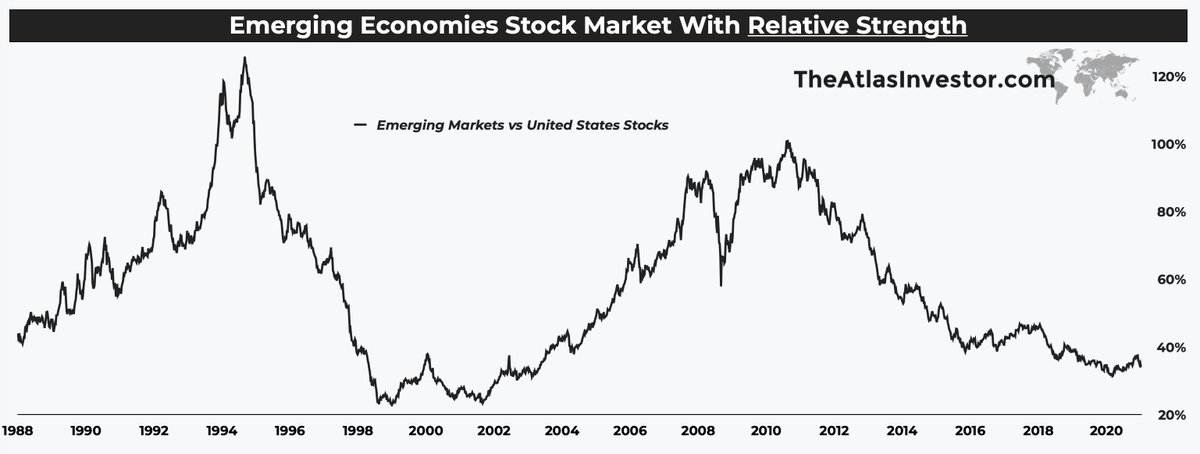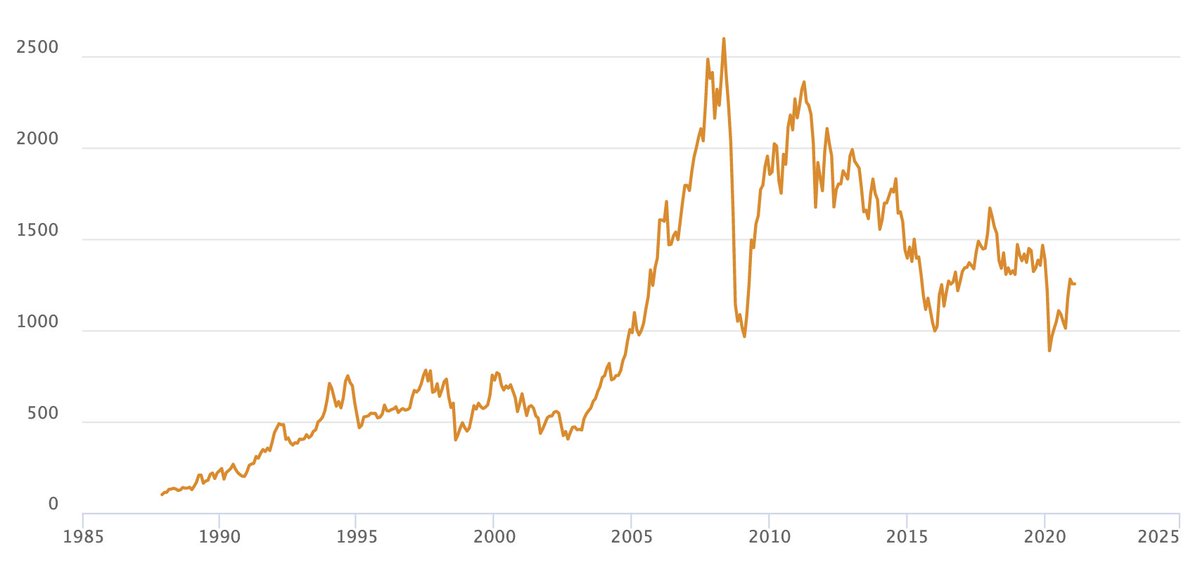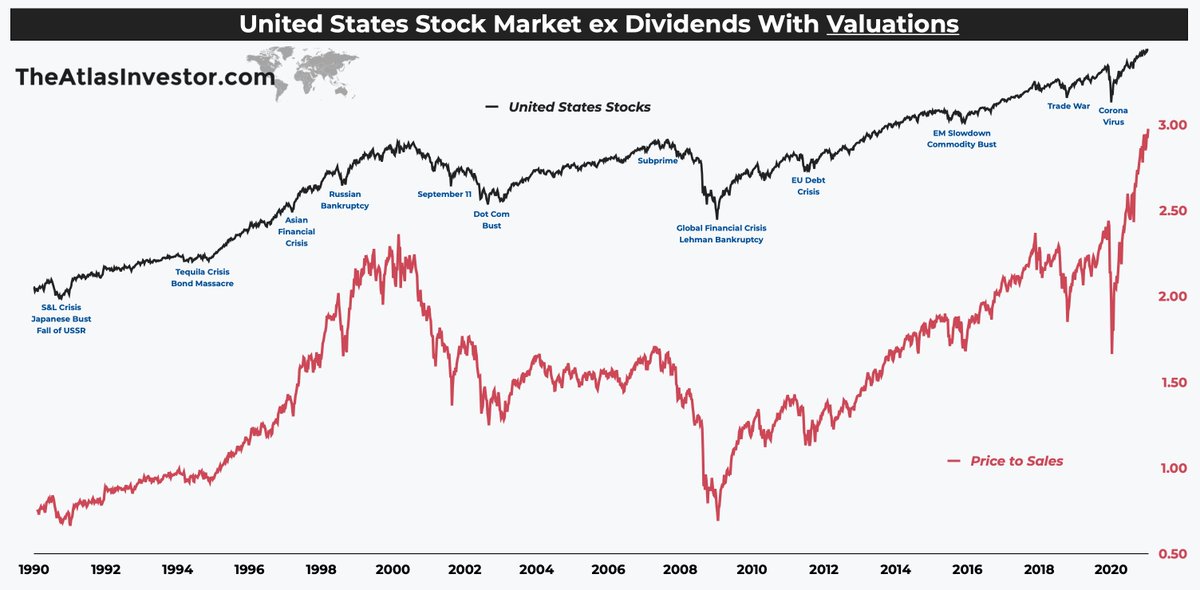
At the end of the bull market, popularity contests are in abundance.
But, if you will buy the most popular companies and allocate to the most popular industries like everyone else, what is your edge to outperform?
"First answer the question, 'What's your edge?" — Seth Klarman
But, if you will buy the most popular companies and allocate to the most popular industries like everyone else, what is your edge to outperform?
"First answer the question, 'What's your edge?" — Seth Klarman
"I think Julian Robertson said it best and I think to some extent that's why the Tiger Cubs have been so successful.
'What is your edge?'
When having a bear or bull discussion, he would constantly say 'what is your edge?', 'what do you know that the market doesn’t?'"
'What is your edge?'
When having a bear or bull discussion, he would constantly say 'what is your edge?', 'what do you know that the market doesn’t?'"
"What is in your process that gives you an edge?
Whether it’s trading-wise, whether it’s research-wise that basically sets you aside?
Do you see things differently and do you see the reality versus the perception of reality?"
— Jim Chanos
Whether it’s trading-wise, whether it’s research-wise that basically sets you aside?
Do you see things differently and do you see the reality versus the perception of reality?"
— Jim Chanos
"If you play games where other people have the aptitudes & you don't, you're going to lose.
And that's as close to certain as any prediction that you can make. You have to figure out where you have an edge & play within your circle of competence."
— Charlie Munger
And that's as close to certain as any prediction that you can make. You have to figure out where you have an edge & play within your circle of competence."
— Charlie Munger
• • •
Missing some Tweet in this thread? You can try to
force a refresh









